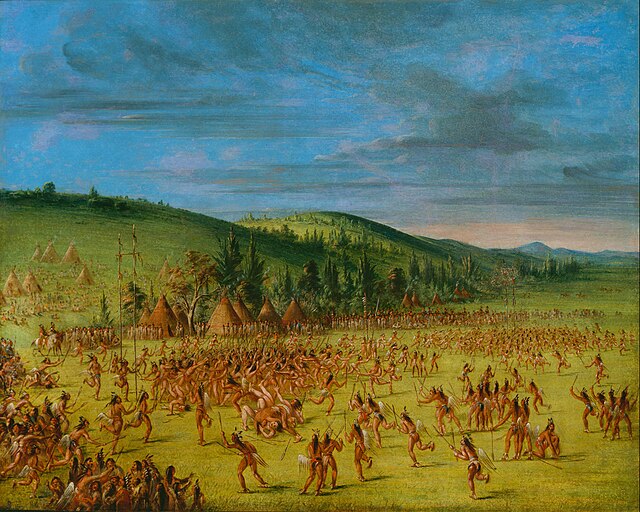According to multiple media sources, three men in Kansas City, Missouri, now face federal charges related to the Feb. 14 shooting at a Super Bowl parade and rally.
As reported on the Associated Press website March 13, “court documents unsealed Wednesday said 12 people brandished firearms and at least six people fired weapons at the Feb. 14 rally, which drew an estimated 1 million people to downtown Kansas City.”
Lisa Lopez-Galvan, host of a local radio show and a mother of two, was killed in the shooting, multiple media sources reported. More than 20 other people at the rally were injured.
On Feb. 21, KMBC News, the local ABC News affiliate in Kansas City, reported that in a Feb. 20 press conference, Jackson County prosecutor Jean Peters Baker identified the shooters as Dominic M. Miller and Lyndell Mays. The two men have been charged with second degree murder, two counts of armed criminal action and two counts of unlawful use of a weapon, KMBC News reported. Along with two teenagers who have not been named, Miller and Mays have been charged with numerous other felonies.
According to KMBC News, court documents state that the defendants were carrying guns when they attended the Super Bowl parade on Feb. 14. An article on the station’s website, kmbc.com, stated that “a verbal altercation occurred and escalated into the gunfire that broke out, hitting Chiefs Super Bowl rally attendees.”
According to the charging paperwork, “the two men did not know one another,” the kmbc.com article stated. They were two of the more than 20 individuals hit by gunfire during the rally that was celebrating the Kansas City Chiefs Super Bowl victory.
On March 13, apnews.com reported that Fedo Antonia Manning, 22; Ronnel Dewayne Williams, Jr., 21, and Chaelyn Hendrick Groves, 19, had been charged with illegal gun trafficking and straw purchases of firearms. The federal charges are connected to guns taken from the scene of the rally by authorities. According to the Associated Press article, “U.S. Attorney Teresa Moore said in a news release that two of the guns recovered from the scene were illegally purchased.”
In the March 13 news release, Moore said that “stopping straw buyers and preventing illegal firearms trafficking is our first line of defense against gun violence,” the AP article reported.
Christian Matheis, visiting assistant professor of Policy and Justice Studies at Guilford speaks from a different perspective on the topic of reducing and preventing gun violence.
“The most important thing we can do is advocate for a ban on assault weapons and other military-grade devices in the hands of people who are not military (including banning such weapons from use by police departments),” he stated in an email interview.
“The more community-building work cities do, the more positive energy they will have to prevent these kinds of incidents,” Matheis said. “Mass shooters target spaces of community, so this might seem illogical. However, stronger communities make it less likely someone will turn to violent actions.”
Guilford senior Jaylan Richardson, an accounting major, thinks there should have been a larger police presence at the Feb. 14 rally. “They could have more police officers patrolling throughout the parade and could cover the entrance and exits more,” he said. “If it’s a big parade then there should definitely be background checks.”
In light of the shooting at the event intended to celebrate the Chiefs, Omar Garvin, a sophomore cybersecurity major, said the team and its fans “should have more protection around them, or they should just celebrate it in their stadium since it [was] already in their state.”













